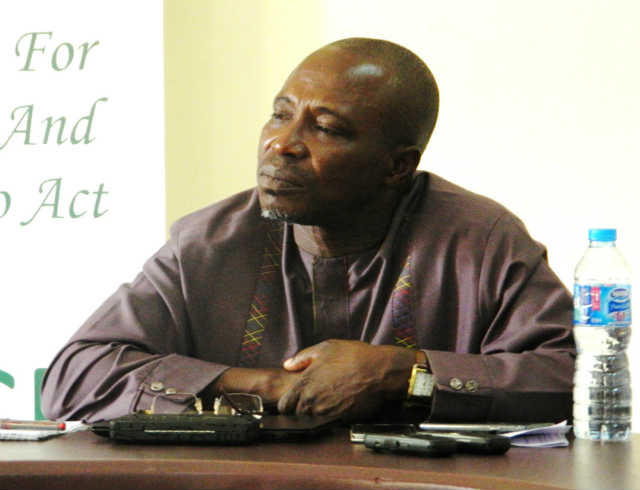
Professor Oshita O Oshita said that the Institute for Peace and Conflict Resolution (IPCR) has developed blueprints which may be used in solving the conflicts bedeviling various parts of the country.
Prof. Oshita, who is the Director–General (DG) of IPCR, disclosed this while playing host to the students of Conflict Management and Peace Studies of Plateau State Polytechnic at the IPCR Complex in Abuja said that studies have shown that every segment of the country has its peculiar nature of conflict and that there are ways which such conflicts could be resolved.
Prof. Oshita reiterated that the IPCR has also developed a hub to boost early warning signals that will help government take proactive measures in dealing with conflicts. He added that IPCR was a multi-shareholder agency that will continue to rally around other organizations to build capacities in resolving crises in the country, while expressing the need for Ministries, Departments and Agencies (MDAs) to always conduct conflict impact assessments before citing projects in certain areas.
The IPCR boss revealed that the institute has develop a curriculum for schools for the promotion of peace education, calling on the Federal Government to provide funds for the institute to ensure the accomplishment of some of its laudable programmes meant for the promotion of peace and development of the capacities for resolution of conflicts.
The Director of Internal Conflict, Prevention and Resolution in the Institute, Peter Opara, who received the students on behalf of the DG observed that conflicts on land, chieftaincy, resource-based, value-based, indigene/settler dichotomy and farmers/herders clashes are some of the conflicts common to some parts of the country. He also listed poverty, ignorance and corruption as the conditions and triggers of violent conflicts. He explained that IPCR is making further analysis towards improving its database in a way that will help to know the appropriate agencies and authorities to mobilize towards dealing with peculiar problems.
Peter Opara mentioned that crises which have crippled the socio-economic development of the country have political economy and ethno-religious touch because of the ethnic and religious mix of the country, saying this owes to the fact that some sections have often taken this measures to be big sources of blessing to them. The students were led by the Coordinator of the Polytechnic’s Conflict Management and Peace Studies, Victor Dabo Peter. [IPCR]
Support InfoStride News' Credible Journalism: Only credible journalism can guarantee a fair, accountable and transparent society, including democracy and government. It involves a lot of efforts and money. We need your support. Click here to Donate
